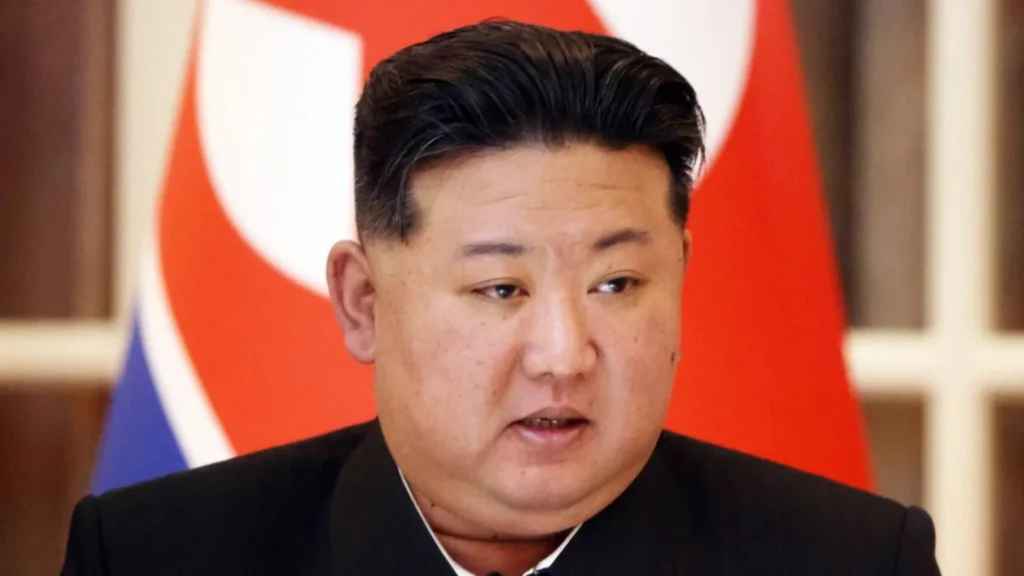North Korean leader Kim Jong Un has crossed the border into China to attend a high-profile military parade in Beijing, marking his first multilateral international meeting. The “Victory Day” parade, scheduled for Wednesday, commemorates the 80th anniversary of Japan’s surrender in World War Two.
Kim’s visit, confirmed on Tuesday, comes aboard his famed armoured train a slow-moving convoy reputed to include a restaurant serving French wines and delicacies such as fresh lobster. South Korea’s Yonhap agency reports that the train, heavily protected for security, is expected to take up to 24 hours to complete the journey. According to local media, the train boasts around 90 carriages, including conference rooms, audience chambers, and private bedrooms.
This event represents a historic first: no North Korean leader has attended a Chinese military parade since 1959. Kim will join 26 other heads of state, including leaders from Russia, Myanmar, Iran, and Cuba, alongside China’s President Xi Jinping and Russia’s Vladimir Putin. His attendance is an upgrade from China’s last Victory Day parade in 2015, when Pyongyang sent senior official Choe Ryong-hae.
The reclusive North Korean leader rarely travels abroad, and his recent international engagements have been limited primarily to meetings with Putin following Russia’s invasion of Ukraine. Kim’s last visit to Beijing was in 2019 to mark the 70th anniversary of diplomatic ties between the two countries, a trip that also saw him travel by train. This method of travel continues a family tradition initiated by his grandfather, Kim Il Sung, and maintained by his father, Kim Jong Il, who reportedly feared flying.
The parade in Beijing will feature tens of thousands of military personnel marching through Tiananmen Square and is expected to showcase China’s latest weaponry, including advanced aircraft, tanks, and anti-drone systems. While most Western leaders are staying away due to their opposition to Russia’s actions in Ukraine, the event will draw participants from Southeast Asia, including Indonesia, Malaysia, Myanmar, and Vietnam. Only one European Union leader, Slovak Prime Minister Robert Fico, is expected to attend, with Bulgaria and Hungary sending representatives.
Kim’s presence underscores Beijing’s diplomatic efforts to strengthen ties with Pyongyang and the wider region, while also highlighting the continued significance of personal diplomacy in North Korea’s leadership style.

